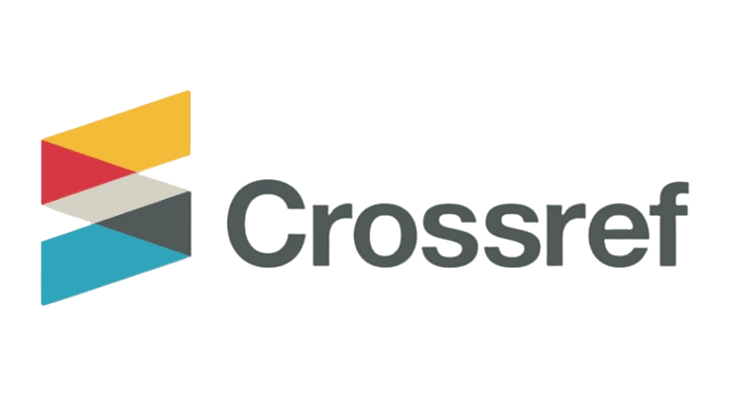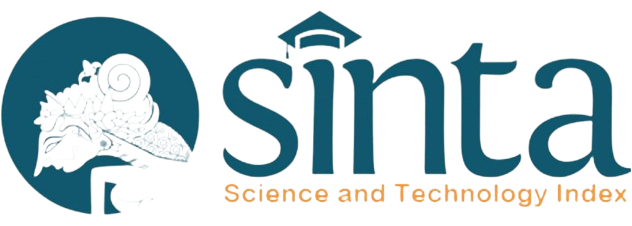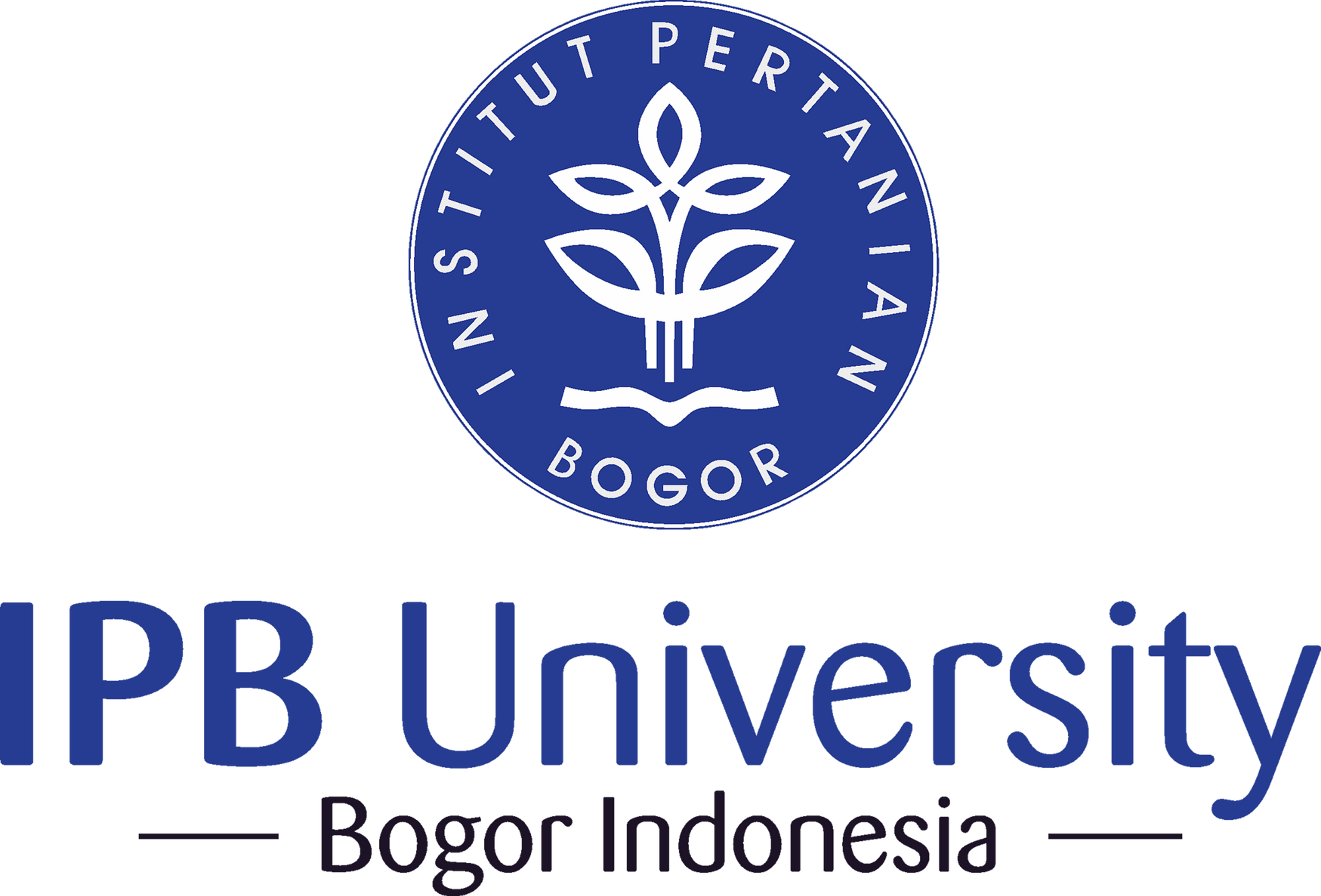Yield Potential and Horticultural Performance of F6 Generation Tomato in the Lowlands
Abstract
A breeding program for tomato varieties in urban areas needs to be done to accelerate the availability of tomatoes independently in urban areas. The present study aimed to evaluate the yield potential, horticultural performance, and board-sense heritability of the F6 generation tomato in lowland. The research was conducted from March to August 2021 at the Agrotechnology experimental field, Gunadarma University in East Jakarta, using one-factor Randomized Complete Block Design (RCBD) with three replications. Four genotypes of F6 generation and two commercial varieties (Tantyna F1 and Tora IPB) were used in this study. The results showed that there were differences in horticultural performance between F6 genotypes and commercial varieties. Some qualitative characters have shown segregation on F6 genotypes such as hypocotyl color in seedling stage, green shoulder color before ripening, and fruit tip shape. There were good performance of some quantitative characters on F6 genotypes compared to commercial varieties such as time to flowering, time to harvesting, weight per fruit, fruit length, fruit hardness, total dissolved solids, number of marketable fruits and marketable fruit weight per plant. The value of broad-sense heritability on
the observed characters indicates high criteria, expect for time of harvesting and locule numbers with low criteria. High heritability value can be used as selection characters for the next generation.
Keywords: genetic variance, heritability, Solanum lycopersicum, yield













